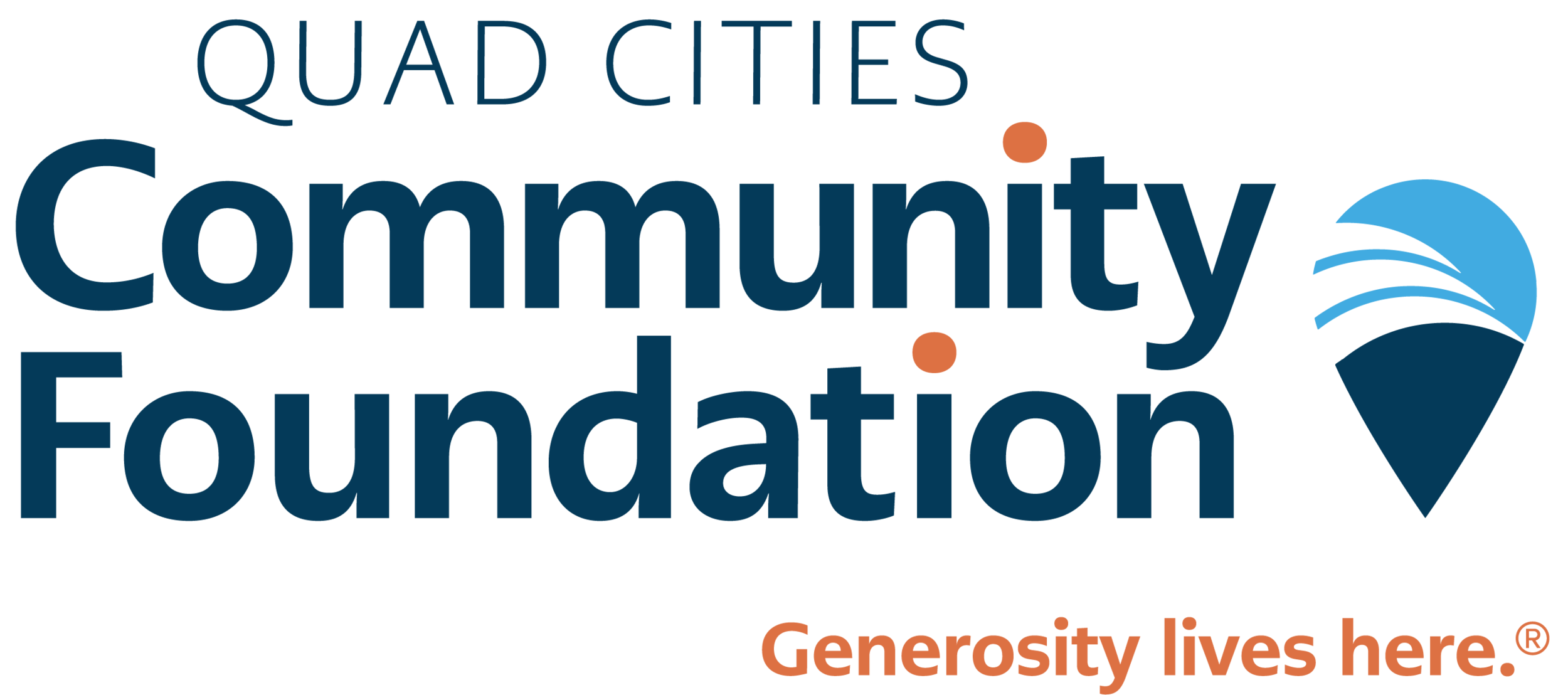Do I need a will? (Yes. Yes, you do.)
Interested in learning more? Contact Erie Johnson, J.D., vice president at First Community Trust, today.
2019 Grant Street
Bettendorf, IA 52722
(563) 345-6558
erie.johnson@fctrust.com
What will happen to all you have accumulated and earned after you are gone? If you don’t know the answer to that, you should.
Creating an estate plan is one of the most important things an individual or couple can do while they are alive—it clearly guides your family, and financial and legal advisors, through the process of distributing your assets to family, friends, and the causes and community you care deeply about.
The Quad Cities Community Foundation recently sat down with Erie D. Johnson, a local trust officer, who works with his clients to manage their wealth and establish estate plans.
Quad Cities Community Foundation: What is the most common question your clients have about estate plans?
Erie D. Johnson: It’s definitely, “Do I need one?” And, “why do I need one if I’m not rich?”
Being rich is a matter of perspective. Every adult should have an estate plan, whether you are an 18-year-old that just went off to college or someone nearing retirement. An estate plan is more than a will. It also includes end-of-life directives, powers of attorney, and health care directives. Your estate plan might look different 30 years down the road from what it is now, and that’s okay. You can change it over time.
Community Foundation: Are there perceptions people have about estate plans you would like to dispel?
Erie: People often think of estate plans as a foreshadowing event. It’s hard to think about death, but if people thought about their estate plan as a gift to the people, causes, and community they care about, it helps make the decisions easier.
Community Foundation: As a trust officer, how do you help people develop their estate plans?
Erie: I really try to get an understanding of people, their goals and what kind of legacy they want to leave. I encourage people to really think about what they are passionate about.
Community Foundation: Estate plans often have provisions to give to causes or the community a person may care about. What are some of the things people want to think about in terms of giving through an estate plan?
Erie: An estate plan is really about your legacy. You are supporting people and causes you care about by letting them know what you want to happen after you are gone. If clients have a charitable organization they are wanting to give to, we really want to know their goals and how we can help them give and achieve that.
Community Foundation: Are there current trends you see of community needs people are addressing through their estate plans?
Erie: Animals are always a huge thing—and my clients often think about supporting some of our area shelters. Also, in this age of COVID-19, people are also giving more and more to health care organizations. The important thing to know is that you can give, to the person, community, cause and/or nonprofit you care most about.
Community Foundation: How does the role of the Quad Cities Community Foundation come into play in your work?
Erie: The Community Foundation, for me, has always been a resource in helping expand that philanthropic conversation and helping people build a legacy. As long as there’s a community interested in giving, there will be the Quad Cities Community Foundation to support those efforts. It’s their sole purpose to help and as long as they exist, they can truly guide people in the best ways to give.
Community Foundation: What advice would you give to someone about having a conversation with a trust advisor?
Erie: The best estate plans are proactive. We sometimes work with people who have become sick and they are making plans in a rush. If you do it early, and you take the time to sit down with a person like myself, you’re in control of the plan and you can change it when you want. It allows you the time to really think about what you want your legacy to be before sitting down with your attorney to bring the plan to life.

